How to Hire an Article Writer for SEO
Contents
 It can be difficult outsourcing content. Usually, when you find someone who is really good — they will tend to be worth more than you’re paying, and eventually find different buyers. Many try to find as much writing work as they can, and their schedule fills up. It can be difficult to find a long term article writer who produces excellent content for a decent price.
It can be difficult outsourcing content. Usually, when you find someone who is really good — they will tend to be worth more than you’re paying, and eventually find different buyers. Many try to find as much writing work as they can, and their schedule fills up. It can be difficult to find a long term article writer who produces excellent content for a decent price.
If you find yourself going through article writers quickly, it helps to have a checklist of things to look for, and things to explain to them, to make the whole process a lot easier. However, you have to keep in mind that you cannot be too picky when ordering content at $5 per 500 words. You must pick and choose your battles. No, you can’t expect Pulitzer prize writing quality at such a low price. Yes, you can request that your content isn’t simply rewritten, or badly spun.
The Problem with Re-Written Content
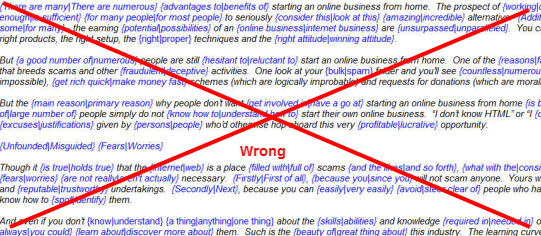 Google has a diversity filter. This filter analyzes a page, to discover whether the information it offers is unique, or whether it’s been said before. Swapping synonyms will not help you bypass this filter. The filter was specifically written to tackle article spins — that is, taking an article and rewording sentences using synonyms, so that the final product says exactly the same thing, only using different words.
Google has a diversity filter. This filter analyzes a page, to discover whether the information it offers is unique, or whether it’s been said before. Swapping synonyms will not help you bypass this filter. The filter was specifically written to tackle article spins — that is, taking an article and rewording sentences using synonyms, so that the final product says exactly the same thing, only using different words.
Unfortunately, this is what a good many article writers do. They simply take an article on a subject, and re-write it, using different words to say the same thing. The end result often is the same as though it were an article spin. It trips Google’s diversity filter, making the article, and the link provided within the article, of no effect.
Money Sites, Private Blog Networks and Diversity Filter
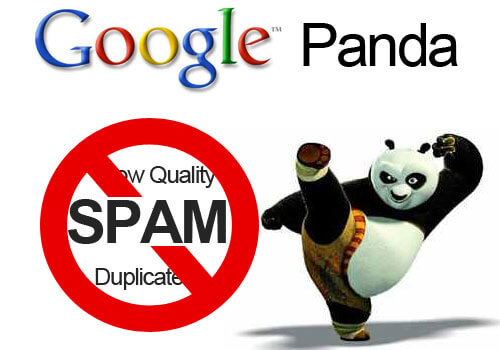 The problem becomes that a re-written article is neither suitable for a money site, or a private blog network site that links to your money site. If the article winds up on your money site, it will be filtered from the SERPs as not being diverse enough — and then it never ranks. If the article winds up on a blog that links to your site — all of the articles that are not diverse are filtered from passing link juice to your site.
The problem becomes that a re-written article is neither suitable for a money site, or a private blog network site that links to your money site. If the article winds up on your money site, it will be filtered from the SERPs as not being diverse enough — and then it never ranks. If the article winds up on a blog that links to your site — all of the articles that are not diverse are filtered from passing link juice to your site.
This is something to take into consideration when you hire a blog writer. It does not matter if an article passes copyscape. That is setting the bar way too low. The article has to make different points than every other article on the internet. Certainly, on a paragraph level, every point has probably already been made — but the article’s diversity is determined as a whole. In other words, you wouldn’t get stung with the diversity filter if you took things that have already been said before, but arrange them in a way nobody has before.
Not that I recommend this, but you would most likely pass Google’s diversity filter if you took a paragraph from one article, a different paragraph from another article, and so on until you have a thousand or more word article — which was assembled from various sources, and then proceed to have each paragraph re-written.
How to Manage Ordering Articles
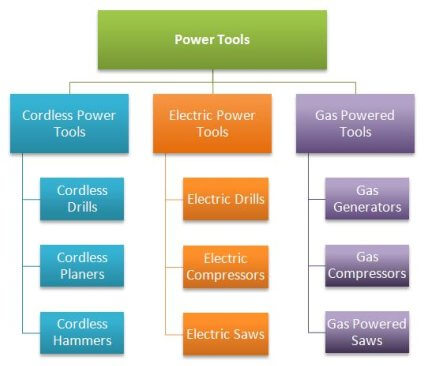 How then should you order articles? The least time-intensive method would be to show them this article, and explain that their articles cannot simply be re-written, but they must be a unique organization of points. Let’s assume you have a well written article on your money site, and want to order articles for 10 web2.0s in order to promote that article. With each of those 10 articles, it is crucial that they approach the subject, but from different angles. Each article should have different points to make, and be distinct from every other article on the internet.
How then should you order articles? The least time-intensive method would be to show them this article, and explain that their articles cannot simply be re-written, but they must be a unique organization of points. Let’s assume you have a well written article on your money site, and want to order articles for 10 web2.0s in order to promote that article. With each of those 10 articles, it is crucial that they approach the subject, but from different angles. Each article should have different points to make, and be distinct from every other article on the internet.
You cannot always know whether your article is distinct, making different points than all other articles on the internet. Your article may be similar to another, just by coincidence. The best way to deal with this is later on, after it’s not ranking. Over time, you should be improving your articles, so as to keep them fresh. By occasionally adding a new paragraph to a page that doesn’t rank, you can break it from a diversity filter, as the article now has more content and is more unique.
Another method to avoid this issue (of accidentally writing an article similar to others), is to order articles that are longer in content. A thousand word article is far less likely to be making the same points as another article, than if it were an article of 400 to 500 words. I’d even make the point that it is hard to have unique content when your content is so short. I can’t easily imagine a 400 word article on the need to buy insurance, or how to train dogs, that would be diverse from other articles on the internet. Longer content has a better chance of being diverse.
Outline Articles For Your Writer
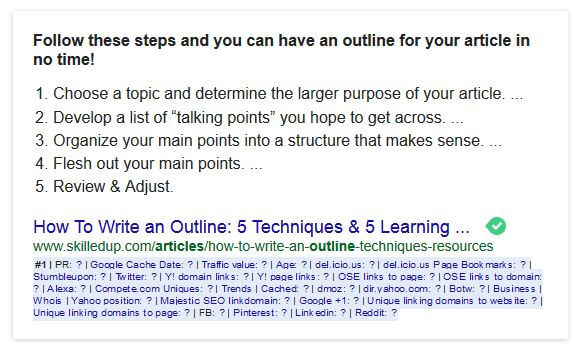 Let’s assume, for a moment, that your article writer says “Hey, dude, you’re only paying $5. That’s pretty cheap. I’m only rewriting articles for that much, not writing unique content from scratch.” You could recommend then that they find the top 5 articles for a subject and then rewrite a portion from each of the top 5 articles.
Let’s assume, for a moment, that your article writer says “Hey, dude, you’re only paying $5. That’s pretty cheap. I’m only rewriting articles for that much, not writing unique content from scratch.” You could recommend then that they find the top 5 articles for a subject and then rewrite a portion from each of the top 5 articles.
Another tactic would be to build the diversity into your article ordering process. For instance, if you’re promoting an article on “how to lose weight with a low carb diet”, you can order 10 articles for your blogs. As you order, ask your article writer to find 10 different quality low carb meals for each of your 10 articles, and each one should be re-written from paragraphs coming from the top 5 articles when Googling a particular recipe. This is bound to produce 10 distinct articles that are diverse enough not to trip Google’s filter.
Google’s Diversity Filter Patent
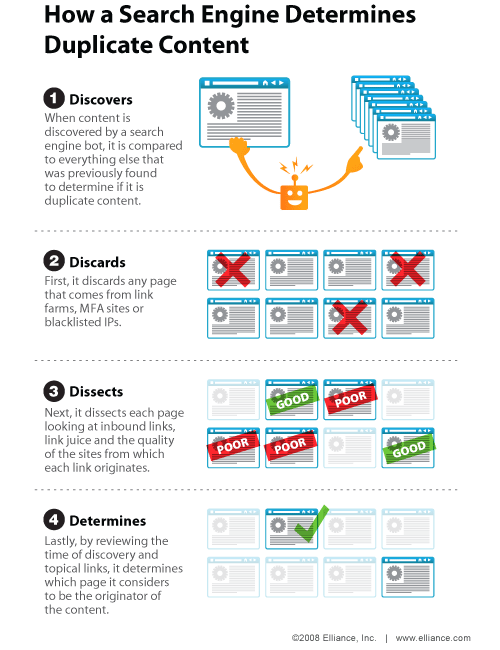 The particular diversity filter I’m talking about is mentioned in a Google patent found here. Here is an excerpt from the patent:
The particular diversity filter I’m talking about is mentioned in a Google patent found here. Here is an excerpt from the patent:
To determine the link quality score, the link engine can perform diversity filtering on the resources. Diversity filtering is a process for discarding resources that provide essentially redundant information to the link quality engine.
Note the “redundant information” that is “discarded”. If your article says the same thing as another page on the internet, if it makes all the same points, if it is redundant, then it will be filtered. It won’t rank well, and the link juice it passes will not matter.
Following is a quote from the patent that brings it all together:
For example, the system can determine that a group of candidate resources all belong to a same different site, e.g., by determining that the group of candidate resources are associated with the same domain name or the same Internet Protocol (IP) address, or that each of the candidate resources in the group links to a minimum number of the same sites. In another example, the system can determine that a group of candidate resources share a same content context. A content context is a characterization of the content of a resource, e.g., a topic discussed in the resource or a machine classification of the resource.
In other words, all the links to the same site (your site), by resources that are associated together — by IP, by linking to the same sites, or by having the same content context. Having an article rewritten, and then linking to your site — is determined to be just as bad as an article on the same IP address linking to your site. Both are thrown out, considered worthless.
Keep the advice of this article in mind when you are trying to hire a content writer for your site. That article writer is either going to produce content that will help you rank, or they’re going to produce content that will harm your rankings, because it is not diverse enough. If you trip Google’s diversity filter, that is going to send a negative signal that could push your site from the SERPs. Google doesn’t take kindly to SERP manipulation. Diverse content is helpful, redundant content is harmful.

Comments